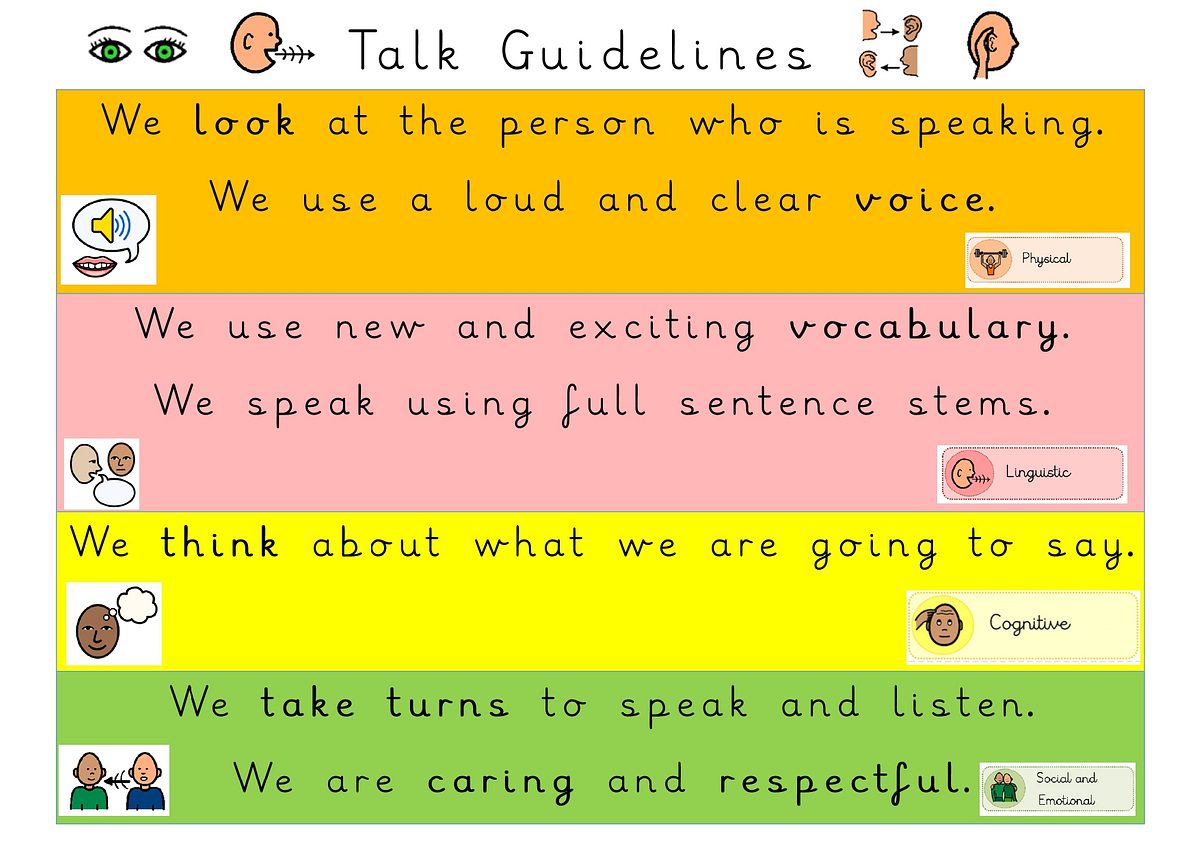It’s fair to say that ‘more talk’ does not necessarily result in ‘more learning for all’. It’s the quality of the talk that counts!
Easier ‘said’ than ‘done’
It’s important to create a classroom culture where all voices are counted, and all learners can contribute equally.
Making sure all pupils ‘Take Part’ in productive mathematical talk is crucial but it can be easier ‘said’ than ‘done’. Walshaw and Anthony (2008) cite a number of studies suggesting that particular pupils often dominate discussion in the mathematics classroom. This is something we’ve probably all experienced as teachers. Encouraging equal participation among all pupils can be tricky to navigate.
So, how can we promote equal contribution and increased participation in our mathematics lessons?
In this Clip from the Classroom, Beth Worlock, Mathematics Lead at Torriano Primary, suggests that: “We need to invest in teaching talk to help reap the rewards of mathematical learning. Teachers play a pivotal role in modelling productive discussions and need to create effective conditions for talk in the classroom.”
She talks through some strategies they’ve found useful at Torriano Primary:
1) Establish talk guidelines from day one
Agreeing a shared set of talk guidelines with your class is the first step to doing this. It supports the teaching of speaking and listening skills, as well as promoting independence and participation. It establishes the culture and clear expectations so that all pupils understand what high-quality talk looks – and sounds – like, right from the outset.
Take time at the beginning of the year to practise using talk guidelines in partner or group talk scenarios such as trios.

2) Plan and model sentence stems
Sentence stems are a great way to begin because they help teachers to get into the habit of prioritising talk, with everyone taking part, while framing mathematical reasoning in a coherent way.
3) Talk ratios
Modelling effective talk ratios in a group and explicit strategies to help challenge or build upon a partner’s views are essential in establishing good talk habits.
4) Participation reflection
In addition, giving children time to independently reflect on their own participation or the participation of their peers is another way of creating equity in talk.
Better together
When we combine known strategies such as mathematical sentence stems in the context of well-practised groupings, we start to make the talk ‘work’ as it increases equity in participation but also enables us to grapple with the important task of revealing mathematical thinking.
Our video is designed to provide a helpful snapshot of key strategies for each TOLD principle to enhance talk as a tool for mathematical learning in the classroom. Seeing examples of practice in action can be really valuable for teachers, helping us to review and reflect upon our approach. We hope this video helps you to think about what is working well for the pupils that you teach, and areas you might want to further develop.
Further reading:
EEF (2020) Improving Mathematics in Early Years and Key Stage 1 guidance report
EEF (2017) Improving Mathematics in Key Stages 2 and 3 guidance report
Mulholland, K. (2023). TOLD: Four evidence-informed principles to promote high-quality talk in maths [EEF blog].
Walshaw, M., & Anthony, G. (2008). The teacher’s role in classroom discourse: A review of recent research into mathematics classrooms. Review of Educational Research, 78(3), 523
